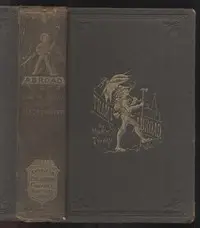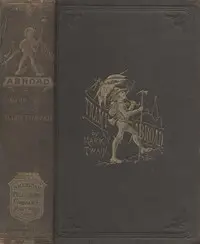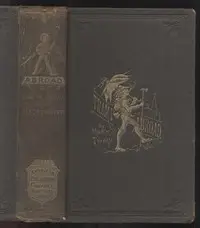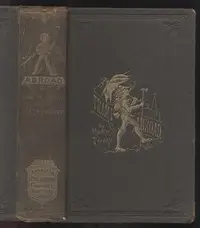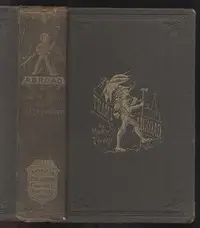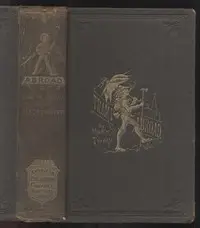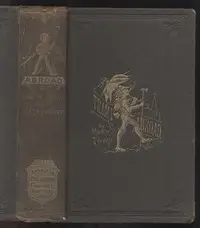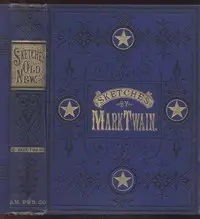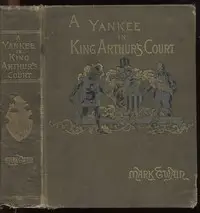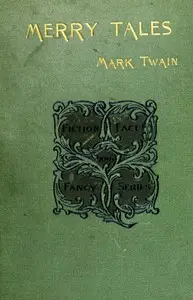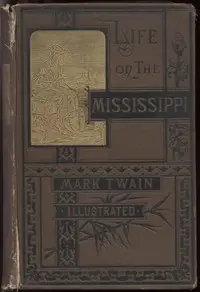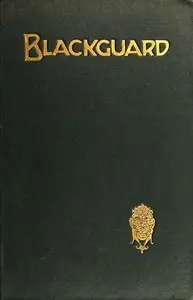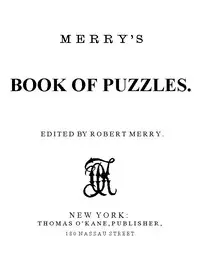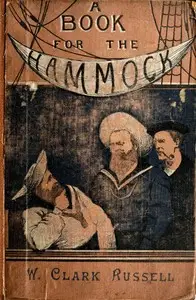"Europe and Elsewhere" by Mark Twain is a compilation of travel writings from the 1800s, where Twain shares his journeys across Europe and provides insights into society, politics, and different cultures. The book kicks off with a midnight trip to Westminster Abbey, establishing Twain's funny yet critical way of looking at the world; his detailed account of exploring the old Abbey with a friend turns an eerie, quiet place into a lively scene. He touches on the Abbey's old age and the seriousness of the historical figures, while also using his humor, using observations to mix the past and present together in an entertaining way.
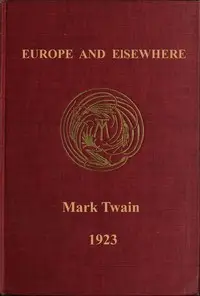
Europe and elsewhere
By Mark Twain
A celebrated writer's humorous travel adventures come alive with trips to places like Westminster Abbey, sharing cultural experiences and funny takes on serious history along the way.
Summary
About the AuthorSamuel Langhorne Clemens, known by the pen name Mark Twain, was an American writer, humorist, and essayist. He was praised as the "greatest humorist the United States has produced," with William Faulkner calling him "the father of American literature." Twain's novels include The Adventures of Tom Sawyer (1876) and its sequel, Adventures of Huckleberry Finn (1884), with the latter often called the "Great American Novel." He also wrote A Connecticut Yankee in King Arthur's Court (1889) and Pudd'nhead Wilson (1894) and cowrote The Gilded Age: A Tale of Today (1873) with Charles Dudley Warner.
Samuel Langhorne Clemens, known by the pen name Mark Twain, was an American writer, humorist, and essayist. He was praised as the "greatest humorist the United States has produced," with William Faulkner calling him "the father of American literature." Twain's novels include The Adventures of Tom Sawyer (1876) and its sequel, Adventures of Huckleberry Finn (1884), with the latter often called the "Great American Novel." He also wrote A Connecticut Yankee in King Arthur's Court (1889) and Pudd'nhead Wilson (1894) and cowrote The Gilded Age: A Tale of Today (1873) with Charles Dudley Warner.

